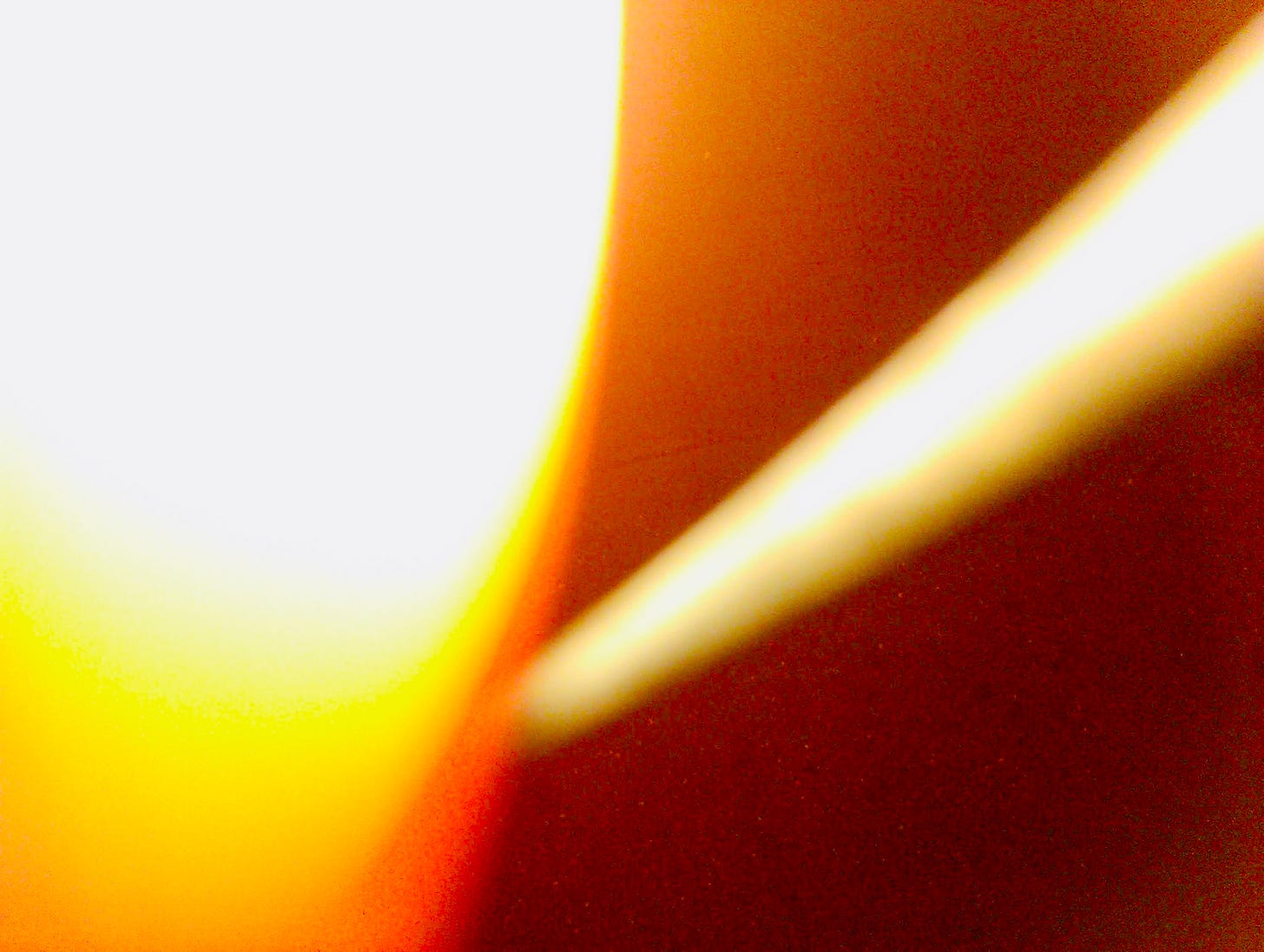Manuscript: from the Latin manuscriptus — written by hand. Several pages of it, at least ten, jotted in my unintelligible longhand. Lost.
I spent Saturday morning writing in a café in Muswell Hill, where I happened by chance. Or better: I spent the morning alternating between writing and finishing a book by Daniela Cascella, Singed (Equus Press, 2017), in a café in Muswell Hill. After lunch I headed to Central London to buy some more reading material, and when I got thirsty and arrived in my favourite local watering hole I realised I had left my manuscript at the café. My first reaction was rushing back to Muswell Hill. But a second later I realised that I didn’t really care about my pages, that my words could very well end up in a bin. Yes, there was a feeling of loss but also a sense of relief.
I would tell you about what I was writing but this would distract us from the interesting bit, which is that this happened after I finished Singed, a book about different forms of loss: the loss of a voice, the loss of a things in a fire, the loss that writing in a second language implies. It’s a very unique text and Cascella threads her words with flair, across-genres, or perhaps destroying the idea of genre. She writes about music, and she writes at the intersection of music and art and the written word (or its absence), and she writes about writing with a depth that is sometimes overwhelming (in a good sense). She writes beautifully, crafting the most unlikely of constellations, mixing Italian pop music with meta-literary comment, references to contemporary art and poetry. What an alluring pursuit: to write with such a wealth of coordinates, with such freedom, with such honesty and for the sake of making the vanished word reappear. Writing as a way of salvaging the things that got lost in the fire.
Saturday’s experience made me realise that — unlikely Cascella — most of the words I write I write so that I can leave them behind. There’s little difference between those pages left in a café and the notebooks gathering dust on my shelves. Yet, contradictorily, this writing as loss is my favourite writing (of mine), since it’s pure line of flight, pure possibility. I would tell you about my half-chewed ideas and so many books that look great on paper in my notebooks, that will never be on paper on someone else’s shelves. But to do so would imply destroying what’s beautiful in them. Go read Cascella instead. And then lose something you thought you cared about.





I think not writing is a type of loss too. Thanks for the recommend.
And I don’t believe anything that’s ever formed in the shape of what we consider writing is ever lost. It existed. It exists.
Effing lovely. Thanks.